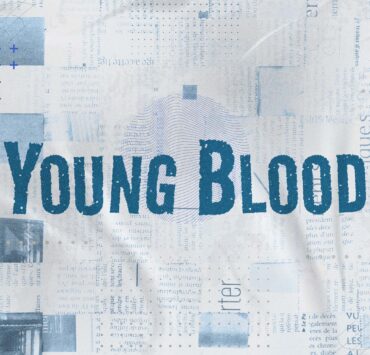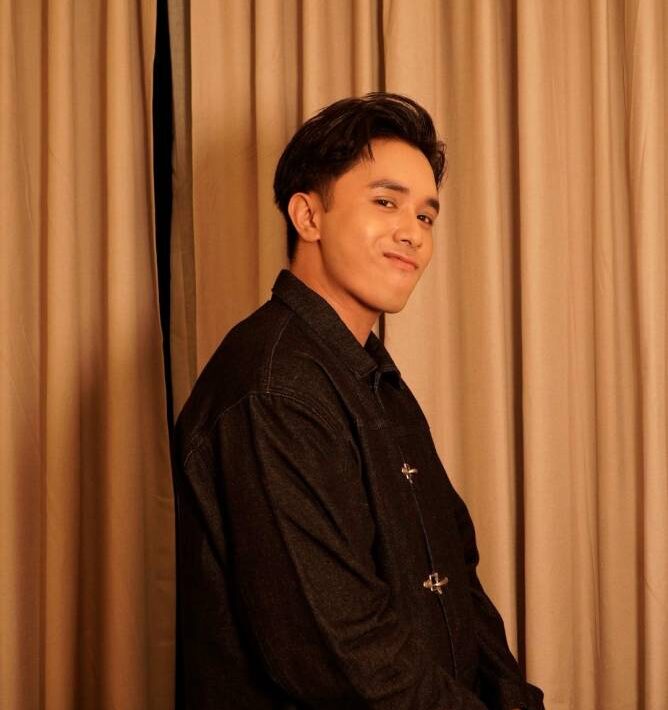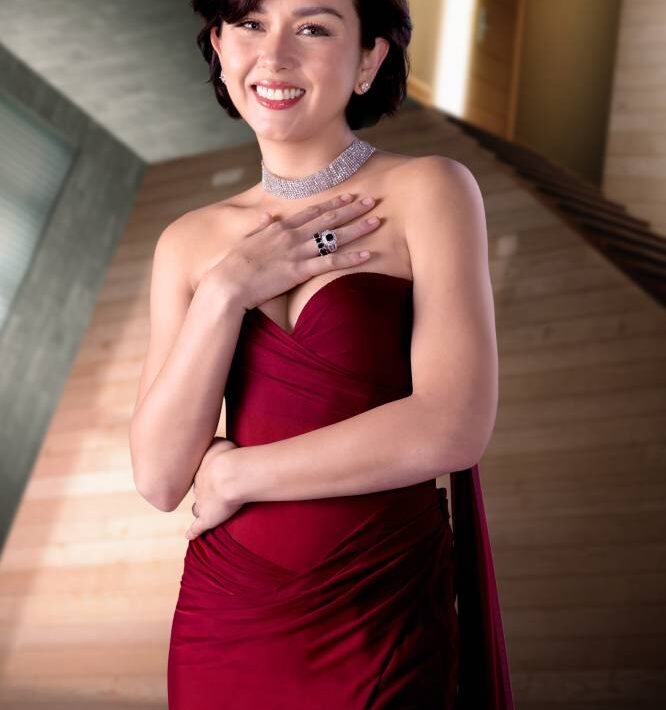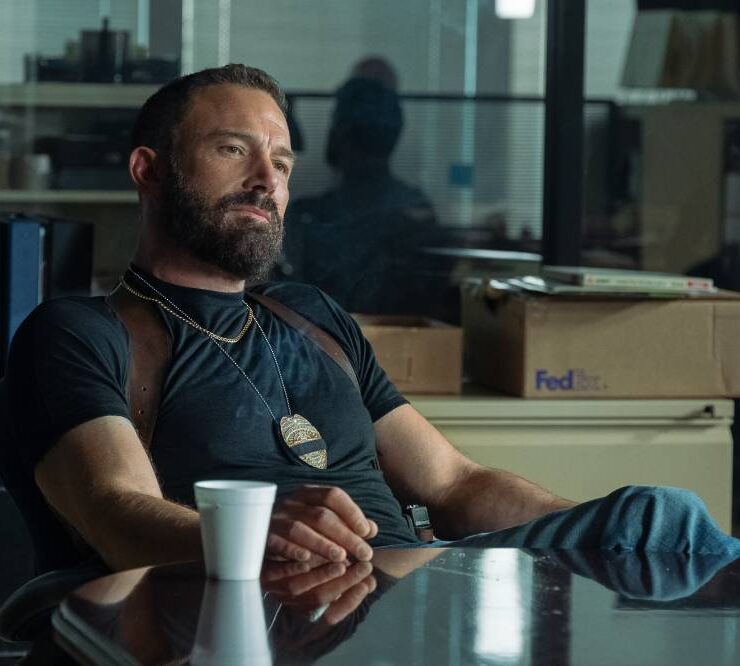These stars are no strangers to mental wellness
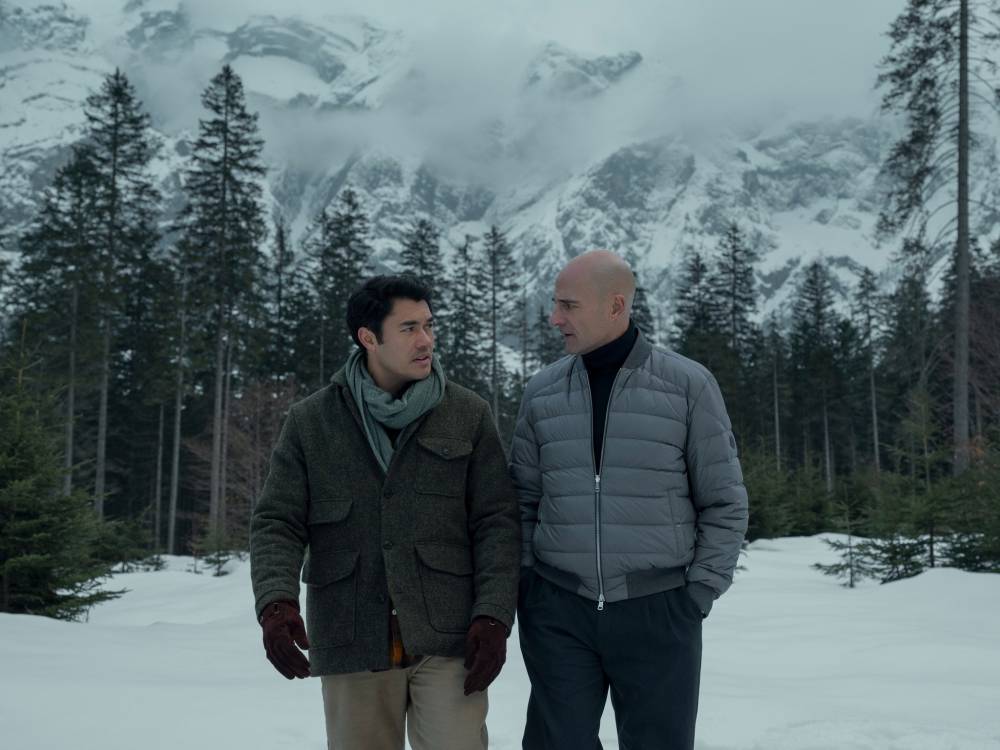
Speaking with cast members of “Nine Perfect Strangers” Season 2, one clear message about mental health popped up time and time again: Talking does wonders.
But while it sounds simple enough, laying your life and vulnerabilities bare is anything but—especially when you’re made to believe that showing emotion is a sign of weakness, and that even acknowledging it is self-indulgent.
This is a sentiment Henry Golding knows all too well. Yes, the stigma around the subject has loosened quite a bit in recent years, but the instinct to reel everything in—and to resist being an inconvenience—still prevails. “I grew up thinking that keeping all your struggles to yourself is less cumbersome to somebody else,” he told Lifestyle in a Zoom interview.
In fact, the actor is so used to holding things in, he often goes as far as burying them completely. But the good thing now is that he finally acknowledges this habit isn’t healthy in the long run. One can only carry so much. Sooner or later, those pent-up emotions have nowhere to go and end up “bubbling up to the top.”
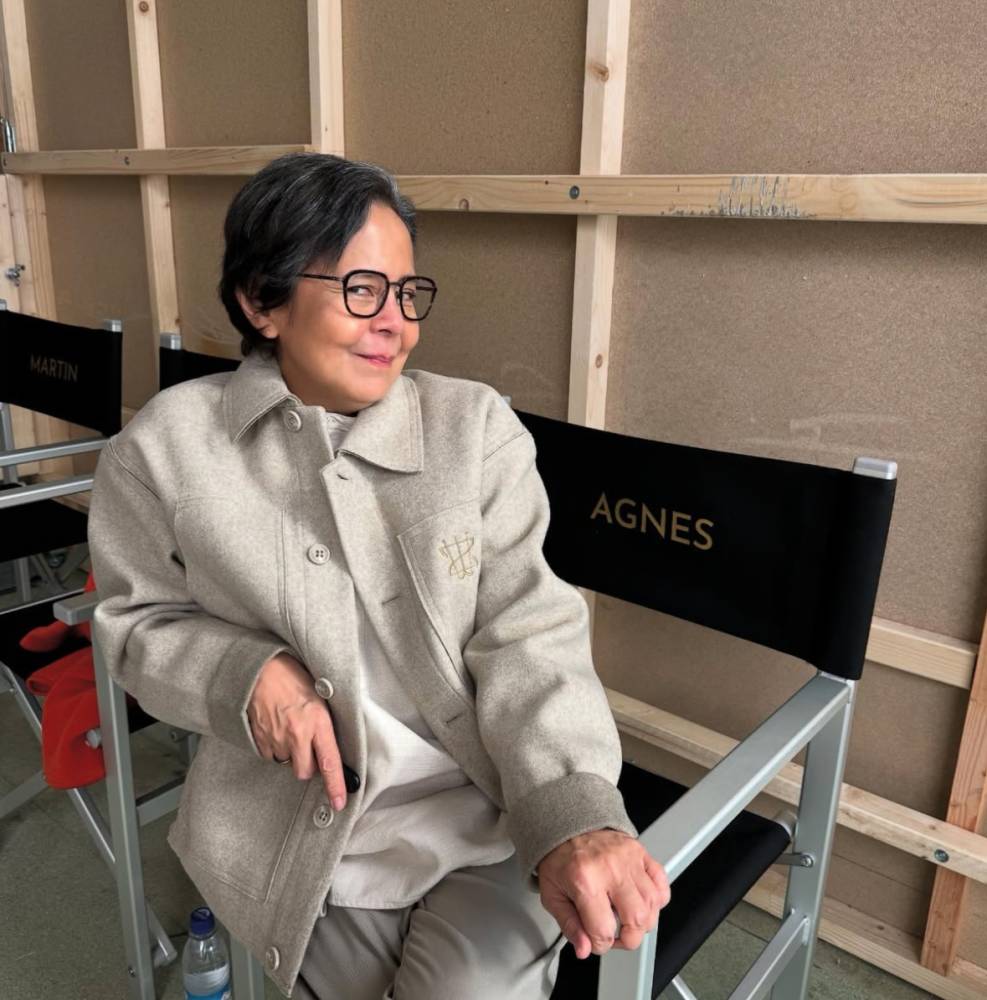
No shame in seeking help
Suddenly, therapy no longer sounds so far-fetched. “That idea is much more accepted now,” he said. “And I think reaching out to people absolutely helps.”
Mark Strong had a similar upbringing. And like most men of his generation, the way he dealt with adversity, big or small, was pretty much the same: “Pull your socks up and get on with it.” “That’s what we were always told,” he recalled.
But he, too, is starting to realize that there’s no shame in seeking help. Because in an increasingly “complicated world,” anything that allows you to breathe—and survive—is always worth a try. “Healing and transformation can only be a good thing for us,” he said.
Annie Murphy, in contrast, has been there, done that: therapy, social support, antidepressants if needed. “I’m such a huge advocate for mental health…that’s the avenue I really subscribe to,” she said.
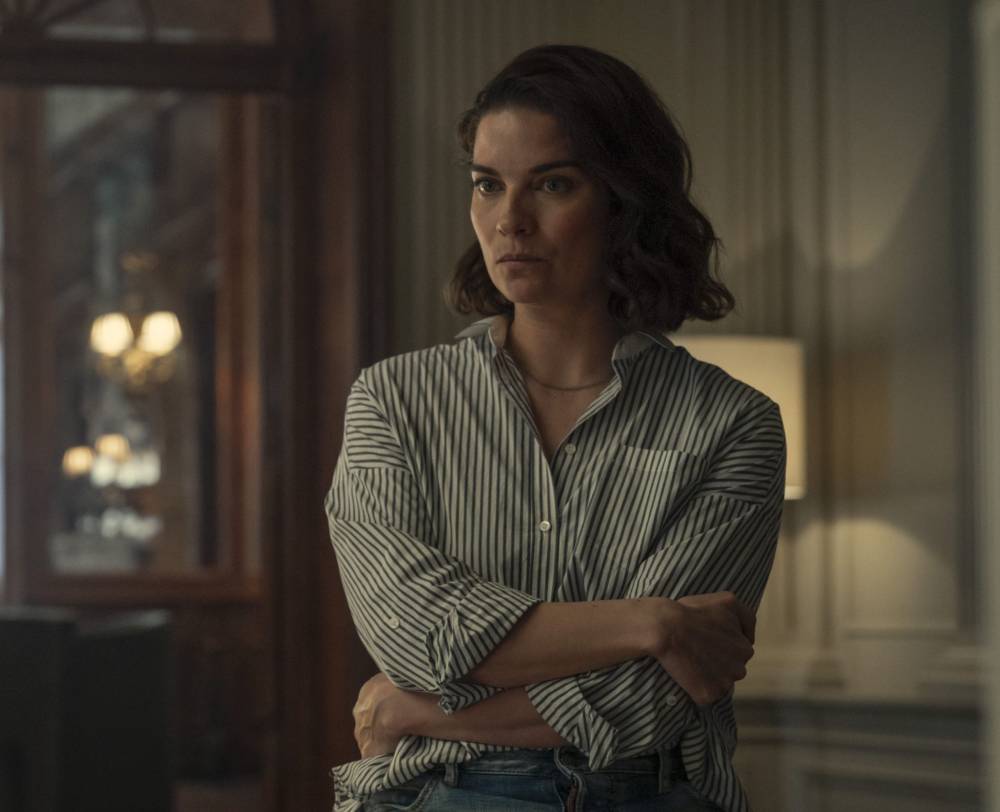
And it’s exactly because she’s done the work that she knows that not everyone in the booming wellness sphere has your best interests at heart. In recent years, there has been a rise in non-medical, influencer-driven wellness movements—unlicensed trauma coaches, TikTok therapists, and emotional healing “experts”—that can often be more predatory than helpful.
Murphy raises a red flag. “But there’s also this other avenue—this capitalist, money-grubbing, scary, manipulative version of dealing with your mental health and going to therapy,” she said.
It’s a timely critique that mirrors the premise of “Nine Perfect Strangers.” Streaming on Amazon Prime Video in the Philippines, the series unfolds at Zauberwald, a secluded wellness retreat nestled deep in the European Alps. There, the unorthodox healing guru Masha (played by Nicole Kidman) welcomes nine troubled guests, each seeking clarity, escape, or transformation.
Among them is the directionless Peter (Golding), who longs for validation from his emotionally distant, billionaire father, David (Strong). Imogen, meanwhile, arrives at the retreat carrying not just luggage but emotional baggage—the weight of which comes from years of unresolved resentment toward her mother.
Murray Bartlett, who plays Brian, a “canceled” former children’s show puppeteer, echoed Murphy’s sentiments, adding that the series raises crucial questions about the viability of wellness retreats and warning signs to watch out for. But even while exercising caution, he noted, one shouldn’t be entirely closed off to the possibility of real breakthroughs.
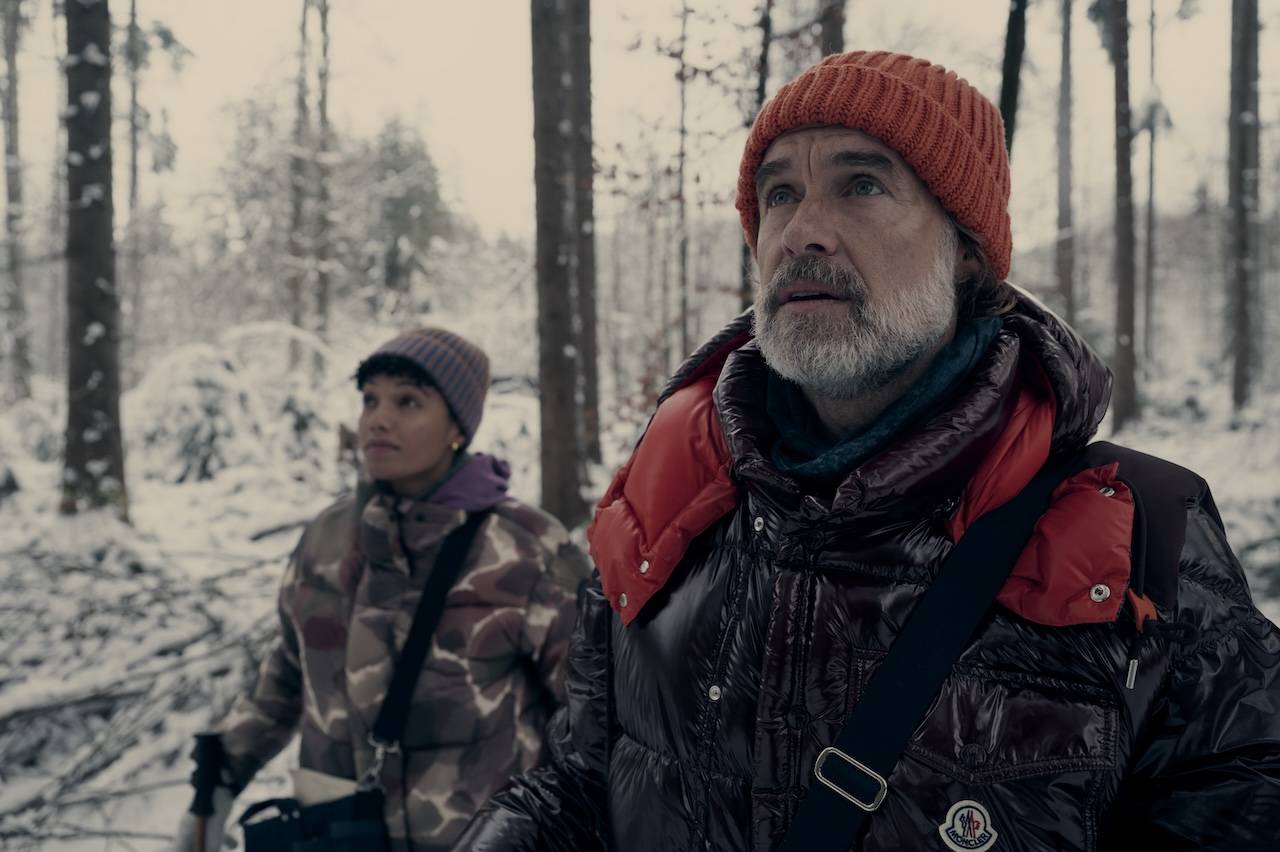
“Hopefully, that’s inspiring to people in some way—to look at their own stuff and be able to leave some of their baggage or trauma behind, or at least start the process to do that,” he said.
Holistic perspective
Like Murphy, Dolly de Leon sees a therapist and supports science-backed approaches to mental health. But she’s also open to emerging alternatives like doctor-guided psilocybin microdosing, much like what Masha dabbles with in the series.
But beyond medical protocols, the actress brings a more holistic perspective to the conversation—one that includes music, family, and community. Perhaps that’s the Filipino in her.
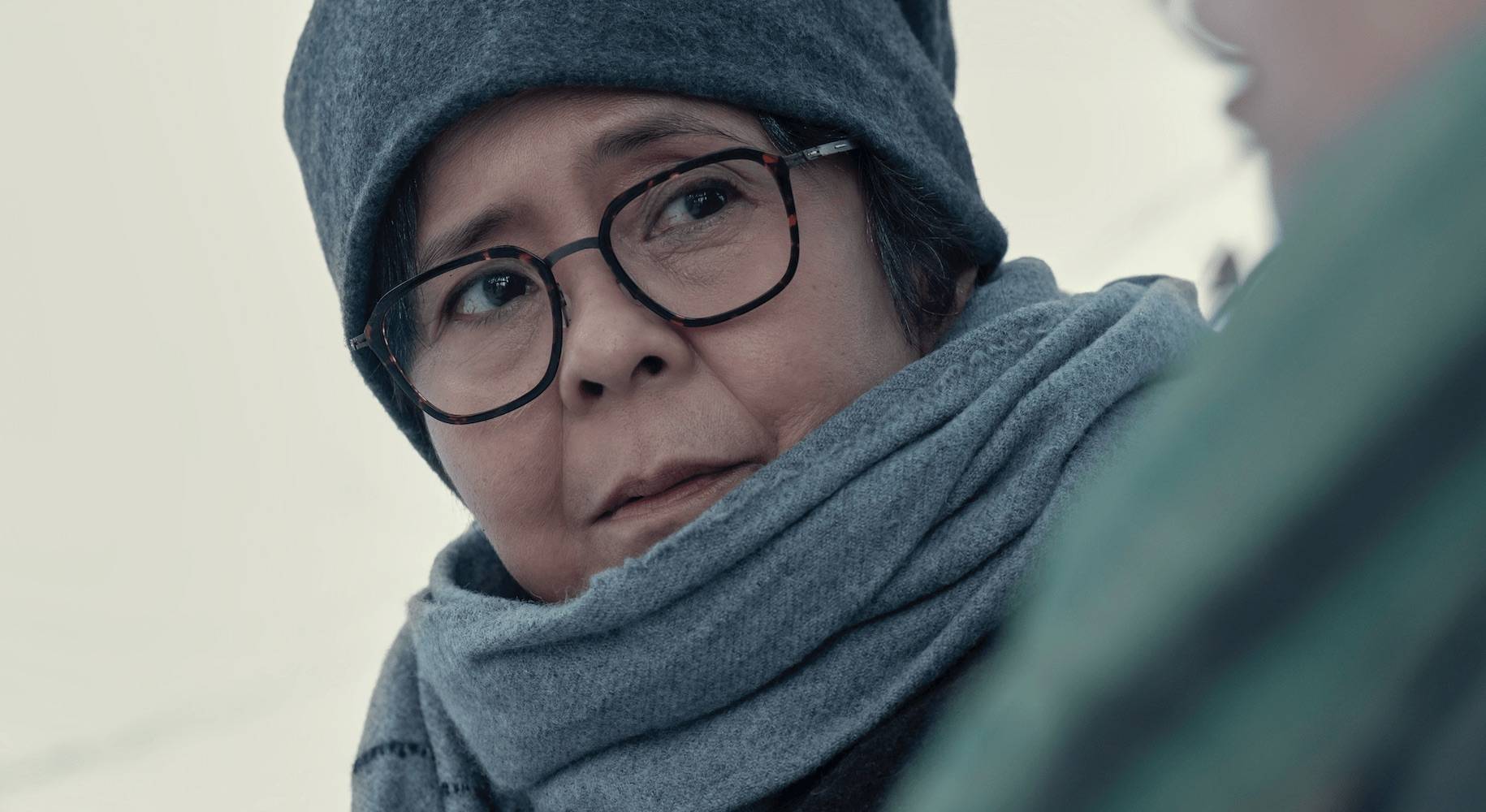
For De Leon, music is the ultimate emotion regulator. Feeling a bit down? Easy. Play happy songs. Her mood changes the moment she taps play. She even curates unique playlists for the many different characters she tackles. And for the old-school Agnes, the spiritually frayed nun who walked away from the church, that meant a healthy dose of Barbra Streisand.
But above all, it’s her family who grounds her. Having genuine friends in the entertainment industry is also something she’s grateful for. Because having people on her side who truly understand what her profession demands—and the challenges that come with it—is always comforting.
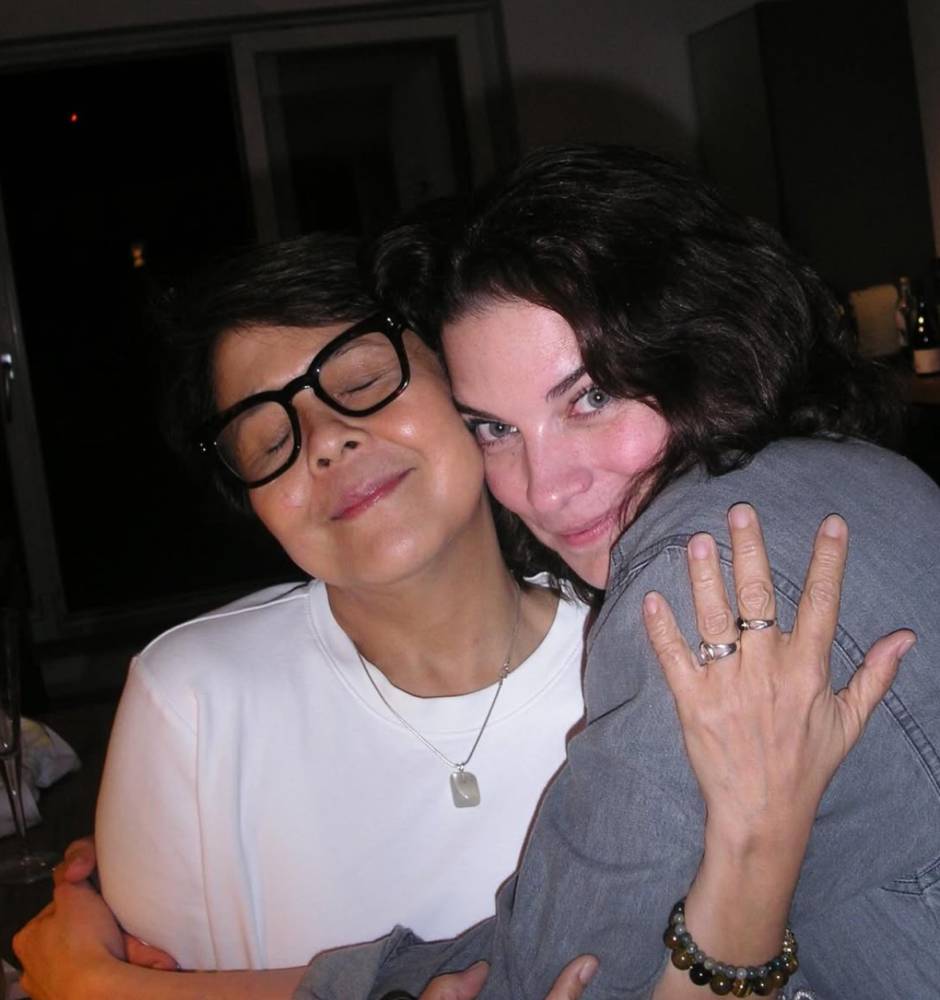
As an actress, De Leon knows not to underestimate the power of cultivating healthy working relationships with her costars, especially when you’re spending six months together filming a series like this one. “Sure, you have to seek professional help. But building and nurturing relationships with the people around you is just as important,” she said.
After all, opening up begins with having someone to open up to—and feeling safe enough to be heard. “The more you understand human relations, the better you know yourself, and the faster you heal,” De Leon added.















